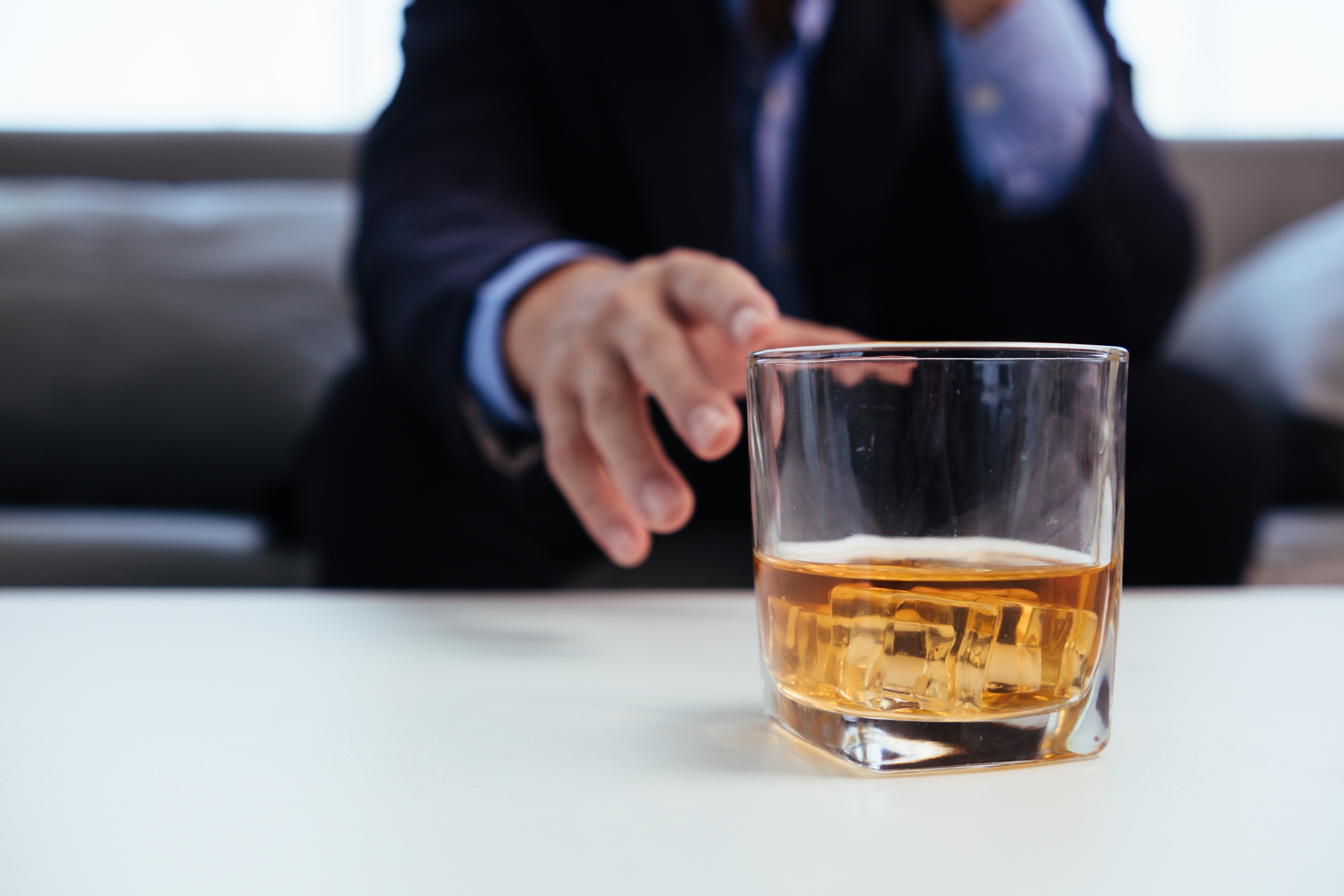Australians increase their likelihood of alcohol-related cancer by 12 per cent for every seven additional drinks a week, researchers have found.
A study of more than 180,000 people and their drinking habits began in 2005 with researchers following up over an 11-year period.
It is the largest investigation of alcohol consumption in the nation’s history and measures the relationship between alcohol use and the risk of different causes of death.
The Daffodil Centre, a joint venture between Cancer Council NSW and the University of Sydney, undertook the study.
They estimate that 5.3 per cent of, or about 9000, deaths were due to alcohol in 2021.
Over the 11-year follow-up period in their study, there were 18,193 deaths.

Alcohol can increase the risk of developing cancers of the mouth, throat, oesophagus, stomach, bowel, liver and breast.
“Our research shows that for every additional seven drinks per week, someone has their risk of deaths from alcohol-related cancers rise by 12 per cent, deaths from digestive system disease by 32 per cent, deaths from cardiovascular disease by 7 per cent and deaths from all causes combined by 6 per cent,” lead researcher Dr Peter Sarich said.
“Men and women who consume more than 10 drinks per week were estimated to have an 8.5 per cent and 4.1 per cent higher absolute risk of death from all causes by age 85 years, respectively.”
Want more free local news? Follow Sunshine Coast News on Facebook, LinkedIn and Instagram, and sign up for our FREE daily news email.
Younger people are statistically less likely to drink weekly, but when they do they exceed drinking guidelines more so than other age brackets.
On the other hand, just over half in older demographics, particularly those between 50 and 69, will drink weekly but are less likely to exceed guidelines than young people.
“People aged 18 to 24 are still drinking above the guidelines at higher rates compared to other age groups, according to the National Health Survey in 2022,” Dr Sarich said.
The National Health and Medical Research Council recommends people consume no more than 10 drinks a week and no more than four in any one day.

The most recent National Drug Strategy Household Survey from 2022-2023 showed 77 per cent of Australians aged 14 and over consumed alcohol, and 41 per cent at least weekly.
“Australia needs a comprehensive approach to reducing alcohol use in order to reduce the burden of alcohol-related cancers,” Dr Sarich added.
“This includes sustained investment in public awareness campaigns as well as warning labels and alcohol products highlighting the link between alcohol and cancer.
“For these campaigns to be effective, they must be supported by pricing, policies, restrictions on alcohol, advertising and promotion, as well as limits on the availability of alcohol.”





